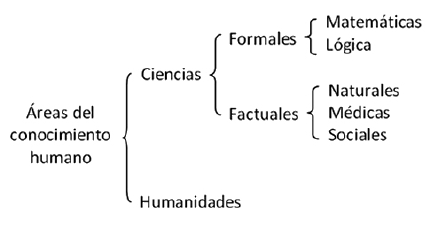The Scientific Culture and the Defactualisation of Physics Teaching
Abstract
There is an essential difference between formal and factual sciences; as a result, research methods from the first ones do not always apply to the second ones. Formal proposals consist in relations between signs; those of factual sciences are referred to real processes or events. Hence, while in formal sciences the logic is enough to prove their propositions with all strictness; factual sciences need in addition observation and experiment. Together with sciences, pseudosciences coexist; any field of knowledge not being scientific, but proclaiming itself as so, is pseudoscientific. An important part of the scientific culture and its spreading is to emphasize the differences between sciences and pseudosciences. The misinterpretation of formal methods when applied to factual sciences may easily lead to pseudoscience. Here we present some examples of how physics teaching can be notably affected in the basic levels –and even in some university careers–, when giving priority to the formal features in detriment of the factual ones. In addition, we analyze some pedagogic proposals which do not suitably fulfill basic scientific requirements.

This work is licensed under the Creative Commons Attribution-NonCommercial 4.0 International (CC BY-NC 4.0) license.








